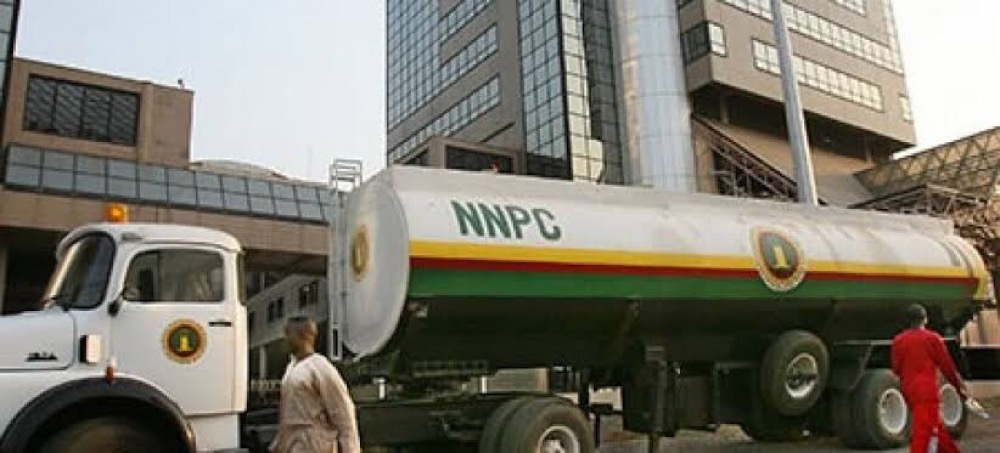Business
Marketers blame fluctuating Forex, others for current fuel scarcity

As Nigerians wondered about the reason behind the current fuel scarcity, the Independent Petroleum Marketers Association of Nigeria (IPMAN) on Wednesday, issued a reason for the situation.
Queues had emerged at various filling stations across Lagos as commuters struggled to attend to their various businesses while commercial bus drivers increased transport fares.
Chief Ukadike Chinedu, the IPMAN National Public Relations Officer, during a press briefing in Lagos, linked the situation to the fluctuating value of the Dollar which affected the rentage of fuel vessels.
This, in turn, had affected the purchasing power of many dealers.
In addition, they cited the Nigerian National Petroleum Company Limited’s reduction in PMS supply, the inability to obtain foreign currency at the official rate, and the ongoing subsidy on PMS as contributing factors to the shortage.
Chinedu further explained, “Talking about Lagos, that is where most of the (PMS) vessels come. When the mother vessel comes into Lagos, its products will be distributed by daughter vessels to ports in Lagos, Warri, Port Harcourt, etc.
“These daughter vessels are hired by independent private tank farm owners or private depot owners, who pay vessel charges in dollars. Some of them source dollars in the open market. So, the dollar also determines the price of products.
READ ALSO:Fuel scarcity imminent as queues reappear across Lagos, govt warns commuters against panic-buying
“Now, you cannot expect them to sell PMS at N145/litre when the price of hiring a vessel has risen from $38,000 to around $108,000 to $111,000, depending on the level of the vessel. These charges are paid in dollars.”
Ukadike added, “The rate to charter daughter vessels to move products from the mother vessel to the PDOs has jumped within months due to issues around the hike in diesel cost, foreign exchange concerns and other industry problems.
“The products are moved to PDOs in Port Harcourt, Warri, Calabar, Lagos, etc, and by the time NNPC gives depots allocations, it becomes their responsibility to charter vessels that will take the products from the mother vessel to the depots.
“So, that lack of purchasing power in terms of sourcing dollars to evacuate products from the mother vessel and that little period that the NNPC cannot cope with will continue to bring in ghost scarcity.”
He also explained that the absence of vessels to move products due to the hike in hiring cost was also contributing to the ghost scarcity of PMS across states.
“Ghost scarcity means scarcity that appears and disappears. You might be going to work in the morning and everywhere will be clear, but in the evening you will see queues.”
The IPMAN official said the NNPC was currently finding it tough to continue subsidising PMS.
“The least that NNPC can sell petrol is over N400/litre to depots and not at N145/litre, but because of subsidy, which is becoming over-bearing on them, the oil firm has been struggling to subsidise,” he stated.
He added, “That is why you see the lapses. The government is looking for dollars to import this product and pay the contractors importing for NNPC and it is also trying to subsidise PMS.”
Join the conversation
Support Ripples Nigeria, hold up solutions journalism
Balanced, fearless journalism driven by data comes at huge financial costs.
As a media platform, we hold leadership accountable and will not trade the right to press freedom and free speech for a piece of cake.
If you like what we do, and are ready to uphold solutions journalism, kindly donate to the Ripples Nigeria cause.
Your support would help to ensure that citizens and institutions continue to have free access to credible and reliable information for societal development.
























